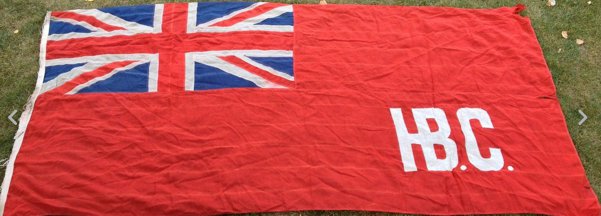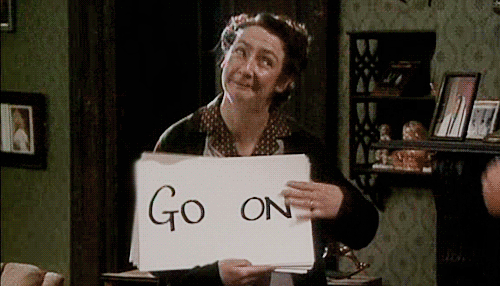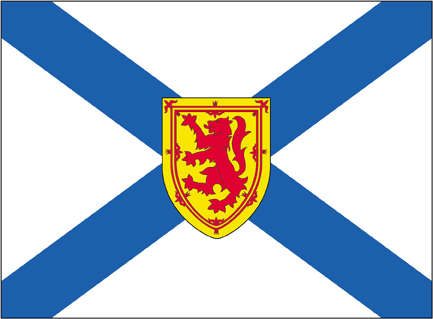Welcome to anyone who has picked up this forum thread to one of the more trivial discussions. I honestly didn't realise just how many of my fellow Canadians were insecure in their identity and had huge post-colonial chips on their shoulders. If I read 'we are not British' again, I will - honestly - wet myself laughing. For a country walking a fine cultural line between being Americans, that is absolutely priceless. One of the very few public icons of our distinctiveness is the flag of Ontario. Shock horror, the Union Jack is on it. That must mean we are British, just like Hawaiians are British too because they have a very similar flag. To those of you unable or unwilling to learn the slightest thing about our interesting and unique history, get a grip. To those of you, like me, who roll their eyes or drop their jaw at this simple minded discussion, take heed. Smart people are on your side.
To an outsider, one would never know that Canada is 150 years old. You see, the attempted debate on the Ontario flag is but a symptom of a wider problem that afflicts a certain type of person. In most spheres of Canadian life from politics, government, the law, education, religion, the armed forces, organised labour all the way down to our ever present pipe bands, the British influence has been fundamental to shaping modern Canada.
Yet, there is an inability amongst small elements of our society who cannot meaningfully engage with this legacy. British symbols, emblems and traditions are but colonial kindling for their nationalist bonfire. Yet, over 50 years after the adoption of our National Flag, casting aside our traditional symbols and emblems is less of a revolutionary act than one of significant cultural and historical vandalism. Our British heritage is part of our Canadian identity – regardless of ethnicity, religion or colour - they are not mutually exclusive. British (and French) emblems are legitimate Canadian symbols. Get over it.
We have the red and white Maple Leaf Flag that represents us all and declares to the wider world that we are Canadians. But if the National Flag reflects our current society, our provincial and territorial flags can reflect our specific histories and origins. And it is the diversity of the latter flags that show how special and unique we are as a country. Getting rid of our current provincial flag out of some post-colonial spite vastly increases the risk of hollowing out our history and our national story – we would lose what makes us unique and distinct. Effectively, we would be erasing the 49th parallel border.
The actions of a mature nation secure in its identity would be to leave well enough alone and to fly our provincial flags with pride. We are Canadian and proud of it.








